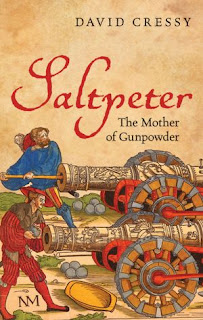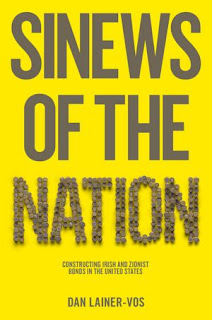New from Cambridge University Press:
Defensive Environmentalists and the Dynamics of Global Reform by Thomas Rudel.
 About the book
About the book, from the publisher:
As global environmental changes become increasingly evident and efforts to respond to these changes fall short of expectations, questions about the circumstances that generate environmental reforms become more pressing. Defensive Environmentalists and Global Reform answers these questions through a historical analysis of two processes that have contributed to environmental reforms, one in which people become defensive environmentalists concerned about environmental problems close to home and another in which people become altruistic environmentalists intent on alleviating global problems after experiencing catastrophic events such as hurricanes, droughts, and fires. These focusing events make reform more urgent and convince people to become altruistic environmentalists. Bolstered by defensive environmentalists, the altruists gain strength in environmental politics, and reforms occur.
Thomas K. Rudel is professor in the departments of Human Ecology and Sociology at Rutgers University. He is the author of
Tropical Forests: Regional Patterns of Destruction and Regeneration in the Late Twentieth Century (2005), which won the 2008 Outstanding Publication Award from the Environment and Technology section of the American Sociological Association, as well as
Tropical Deforestation: Small Farmers and Land Clearing in the Ecuadorian Amazon (1993) and
Situations and Strategies in American Land Use Planning (1989). Rudel has won the 1995 Distinguished Contribution to Environmental Society Award and the 2009 Merit Award from the Natural Resources Research Group of the Rural Sociological Society for his research.
 About the book, from the publisher:
About the book, from the publisher:






































